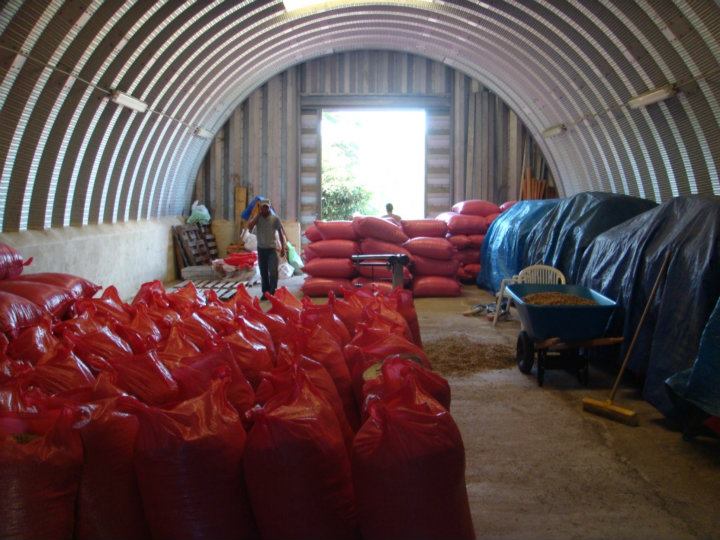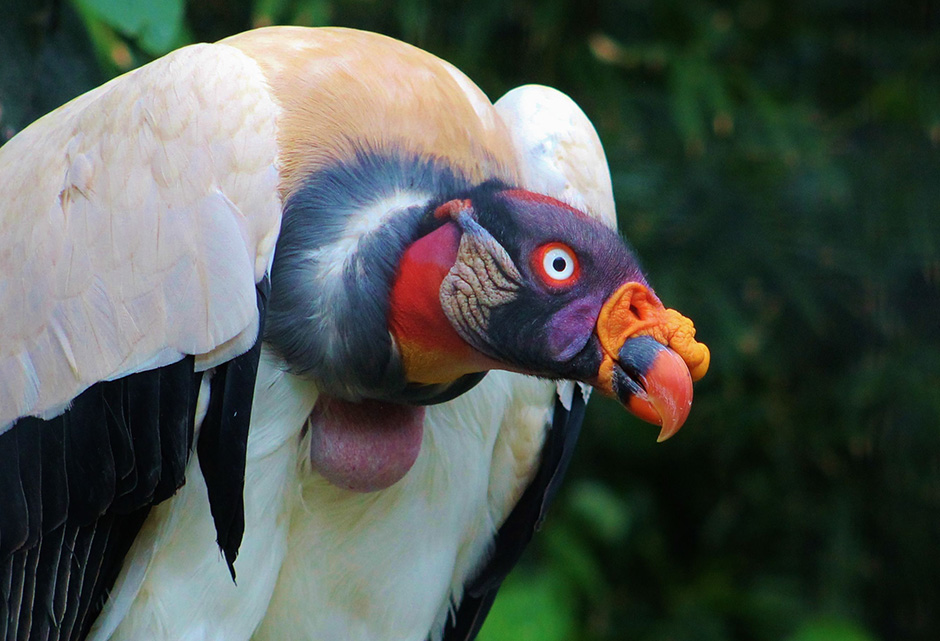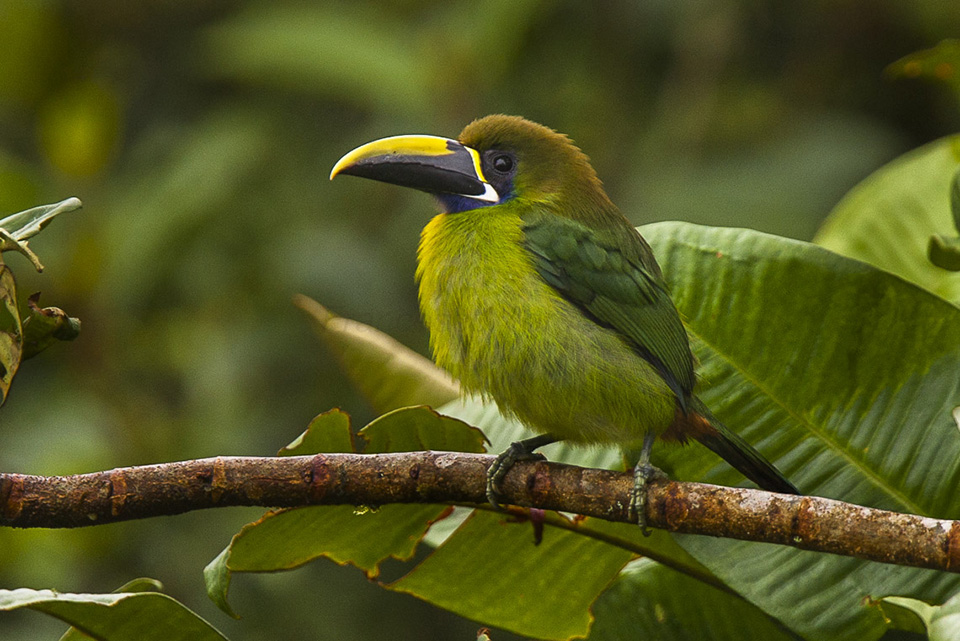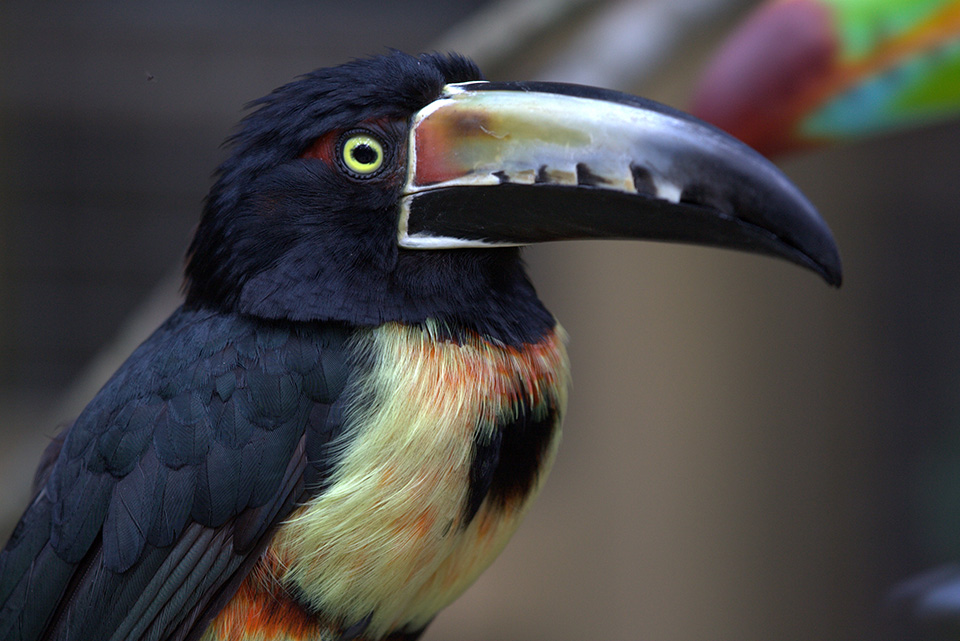
How it began...
The story of Finca Miramundo begins with Senor Marco Tulio Lopéz of Santa Rita, Copan. Don Tulio bought the farm in 1987 since coffee prices had been good for several years and he thought it was a good time to invest. Daily, he and a group of men made the one and a half hour ascent on horseback to the 1,200-1,300 meter crest of Mt. Miramundo (literally: “Look at the world”). The property was well chosen to produce a superior coffee: dark, rich soils, five mountain top springs, a moist, fresh climate, and a canopy of shade trees. Mt. Miramundo also had four villages within walking distance with experienced workers for the hand care so critical to all phases of coffee production. Don Tulio and his men prepared the cool, misty slopes and planted 24 manzanas (about 40 acres) over two years and though the plants developed well in the rich soil, his timing unfortunately proved poor.
The price of coffee worldwide began to plunge due to a rapid increase in lower quality Southeast Asian coffee production coupled with market dominance by four large multinational firms well positioned to take advantage of falling prices. Understanding the situation and assessing their coffee prospects honestly, Don Tulio joined other producers in the Copan Valley and put his farm up for sale.
on Tulio’s misfortunes took a turn for the better when he crossed paths with North American Lloyd Davidson, a Tennessean with twenty years experience living and working in Honduras. Davidson had the required tolerance for high-risk ventures, having spent 25 years in the commercial fishing business. The past 15 years, he had been exporting red snapper from Honduras’ Bay Islands and Davidson was ready for a new challenge. After visiting the Copan region, he found himself drawn not only to the beauty of the mountains of western Honduras, but the time-honored coffee culture of the region.





